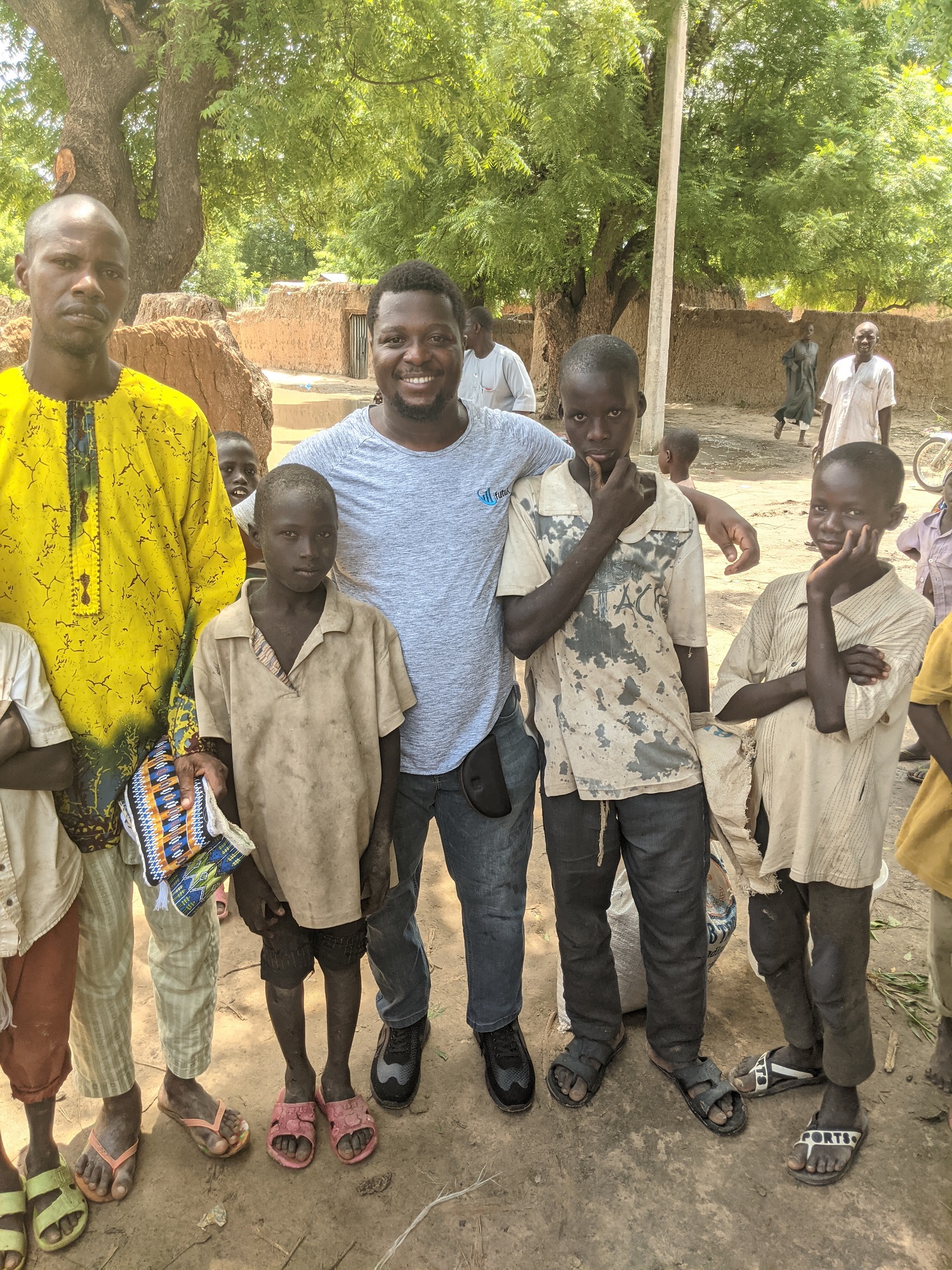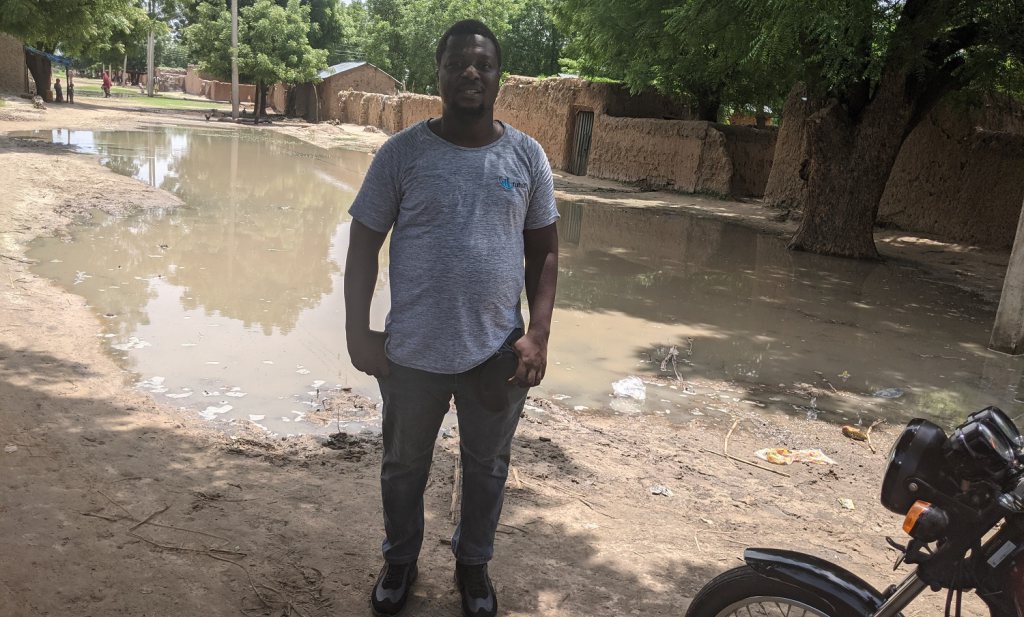“It is important we devise a better strategy to identify the needs of the smallholder farmers and respect their choices, rather than our own perceived reality about them”, says Nigerian food expert and agronomist Babatunde Olarewaju. In this week's edition of Letter to my Farmers, he discusses the power of perceptions and narratives in agriculture.
Perception is a great tool that reinforces a certain reality. Therefore, we need to have the right perception about smallholder farming in order to change some unpleasant narratives. Working with smallholder farmers in the last 11 years, and professionally in the last 7 years, I have come to realise the power of our perception and narratives as it relates to smallholder farming in developing countries.
Over the years, one of the narratives has been providing interventions that would improve their livelihood sustainably, which has been proved to be false. Another narrative has been that all the local technologies employed by smallholder farmers are crude and cannot support increased productivity. Thus, only imported technology would achieve increased productivity. Times without numbers, the adoption of these technologies have been low and the desired results questionable.
Therefore, it is important we devise a better strategy to identify the needs of the smallholder farmers and respect their choices, rather than our own perceived reality about them. As researchers, policy makers, smallholder farmers organisations, cooperatives, and other relevant stakeholders, we need to develop an inclusive programme and adopting system that proffer comprehensive solutions to the many problems of the food system. We should consider the different value chain actors and their needs. Finally, we need to change the narrative of agriculture as a poverty alleviation programme rather than a business of sustainable food for increasing population.
In conclusion, we need to write our own story from our own reality for the World to know our true identity.
Yours-in-service
Babatunde

Farm visits in Jigawa State, Nigeria
We need to develop an inclusive programme and adopting system that proffer comprehensive solutions to the many problems of the food system
Over the years, one of the narratives has been providing interventions that would improve their livelihood sustainably, which has been proved to be false. Another narrative has been that all the local technologies employed by smallholder farmers are crude and cannot support increased productivity. Thus, only imported technology would achieve increased productivity. Times without numbers, the adoption of these technologies have been low and the desired results questionable.
Therefore, it is important we devise a better strategy to identify the needs of the smallholder farmers and respect their choices, rather than our own perceived reality about them. As researchers, policy makers, smallholder farmers organisations, cooperatives, and other relevant stakeholders, we need to develop an inclusive programme and adopting system that proffer comprehensive solutions to the many problems of the food system. We should consider the different value chain actors and their needs. Finally, we need to change the narrative of agriculture as a poverty alleviation programme rather than a business of sustainable food for increasing population.
In conclusion, we need to write our own story from our own reality for the World to know our true identity.
Yours-in-service
Babatunde

Related



